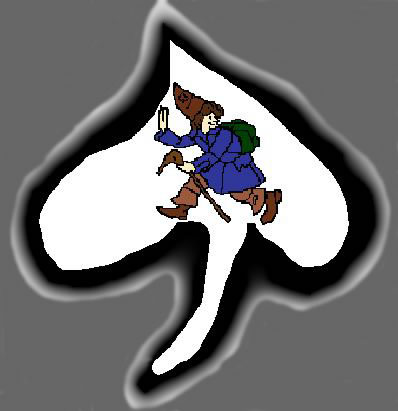Germany: Lusatia
This is the big kahuna, the motherland of all Wendish/Sorbian things. Here is where the tribes that make up todays Upper and Lower Lusatians settled way back circa 3rd century A.D.
We assume there was little to no resistance in the area when the Wends came as the Germanic tribes had been following the decline of the Roman Empire. This opportune time would come to an end when the Germanic tribes migrated to the area. The following centuries would show inceasing hostility towards this group of Slavs unto a point where skirmishes, battles, wars, and even a crusade had their aim at taking out these "Wendish" people.
If not for the lay of the land and the difficulty an army faced in invading the Spreewald, the entire populace may have been eradicated. Luckily the Spreewald provided the needed physical barrier to keep the invaders at bay.
Initially preceeding and increasingly so after the fighting was over was and is an attempt to germanize the Wends, an effort that has had devastating effects on the populous.
From reading the pages on the Wends/Sorbs in areas outside of Germany you are familiar that the 1800's saw many Wends leaving their ancestral home due to their status in society, economical opportunities and freedom of religion. The 1900's would first see the Wends prosper with the development of the House of Sorbs and other more modern attempts to raise their Sorbian children with hopes of increasing the culture and heritage. When World War II came about, the House of Sorbs was confiscated and burned to the ground, all Sorbian organizations were forced to publically disorganize with even some of the leaders of the organizations being executed.
Continuing on an underground level, these organizations would reappear publically following the defeat of the Nazis in the area by the Red Army.
Since the demise of Nazism, the DDR instituted many rights of this minority in Germany and began public and monetary support for organizations of the Sorbs. With the fall of the DDR, the Federal Republic of Germany has taken over their predecessors aid. UNESCO designated the Spreewald a bioreserve, preventing damage to the lands as had occured in adjoining areas due to the lignite mining industry that has erased Wendish culture and towns from areas of Lusatia. Such aid has been beneficial but is not enough for this minority to survive.
Lower Lusatia
Located north of Upper Lusatia, it is called "Lower Lusatia" due to its geographically lower appearance. This is the home of the Lower Lusatian/Sorbian speaking population whose language and culture is most in danger. This area's capital is in Cottbus where the Wendisches Museum in Cottbus serves as a reminder of bygone days of Lusatian life.
Upper Lusatia
Home of the larger Upper Lusatian/Sorbian speaking populace, this area's capital is in Bautzen where the local museum serves as a reminder of this areas bygone days.
 Worldwide Wendish Connection
Worldwide Wendish Connection